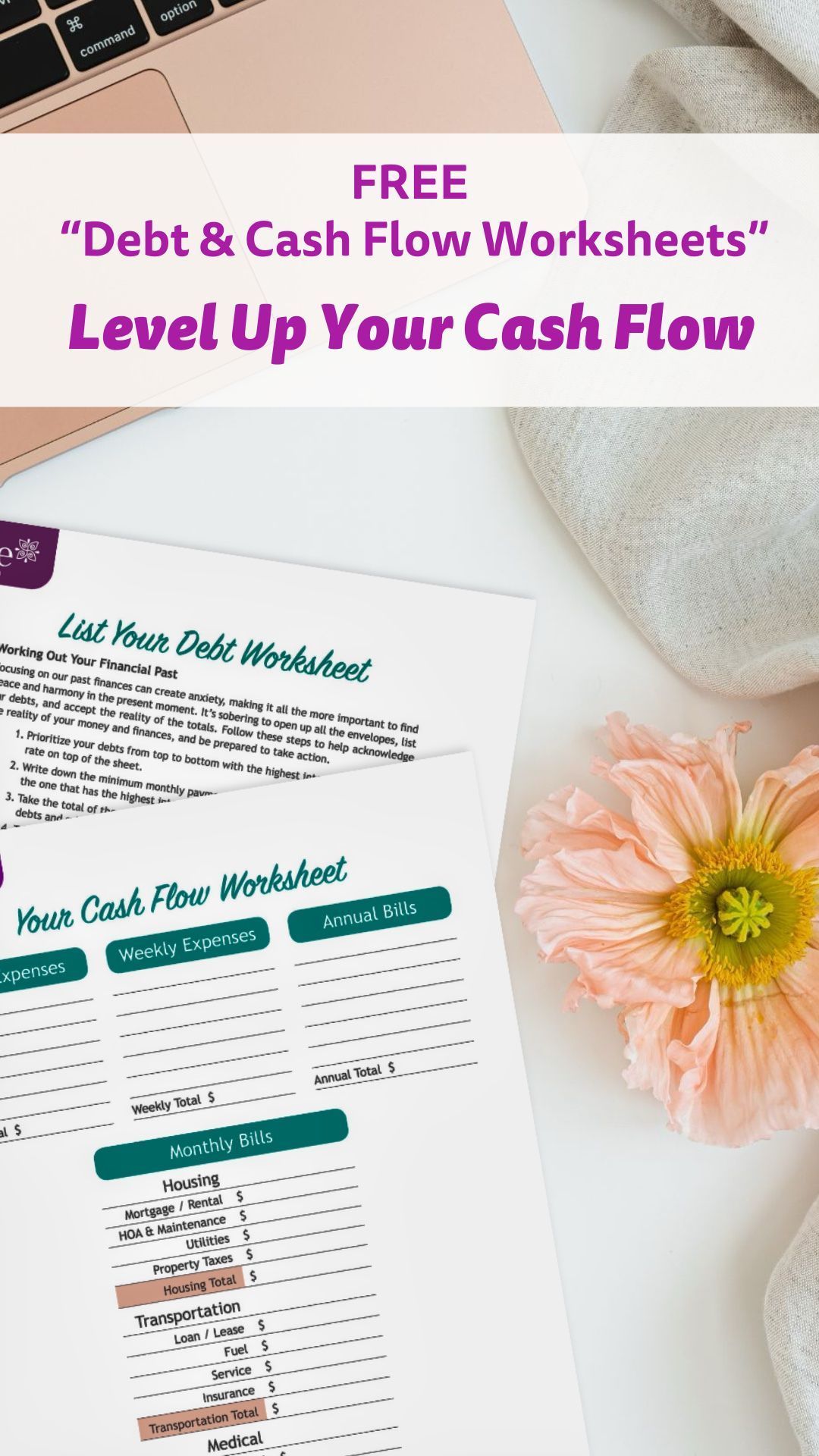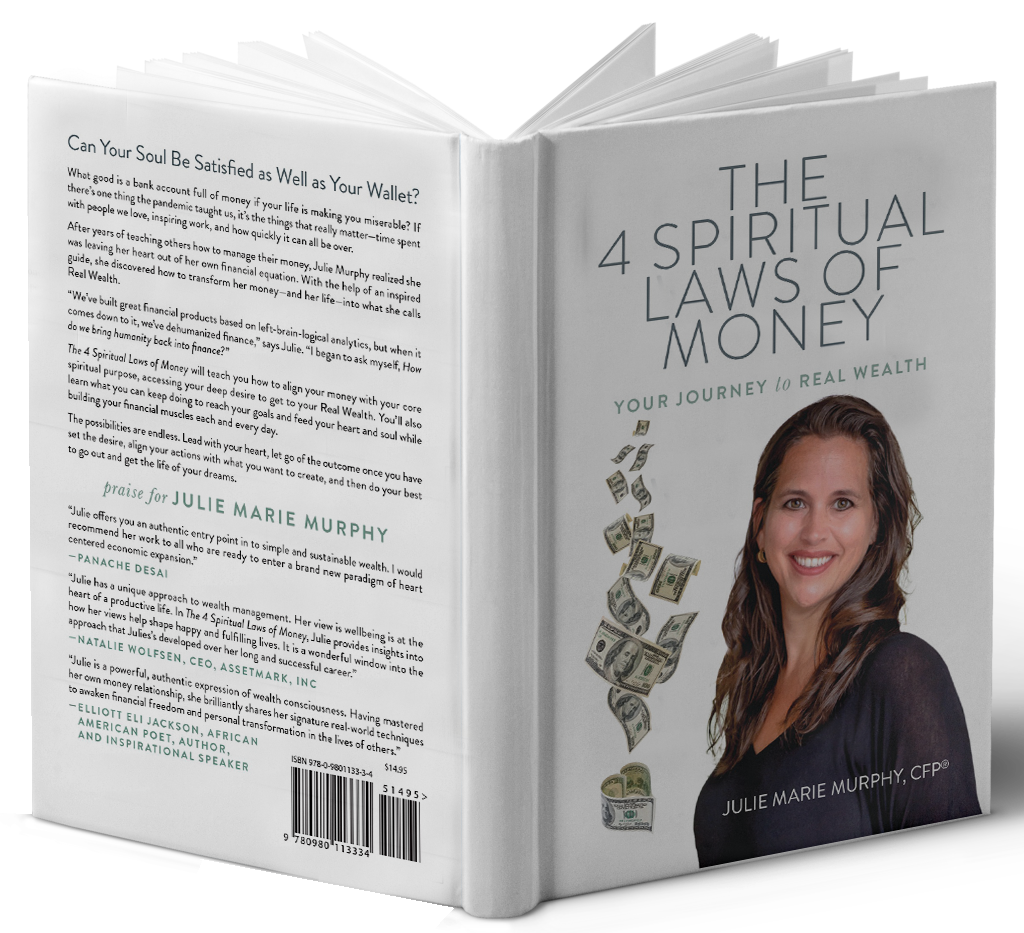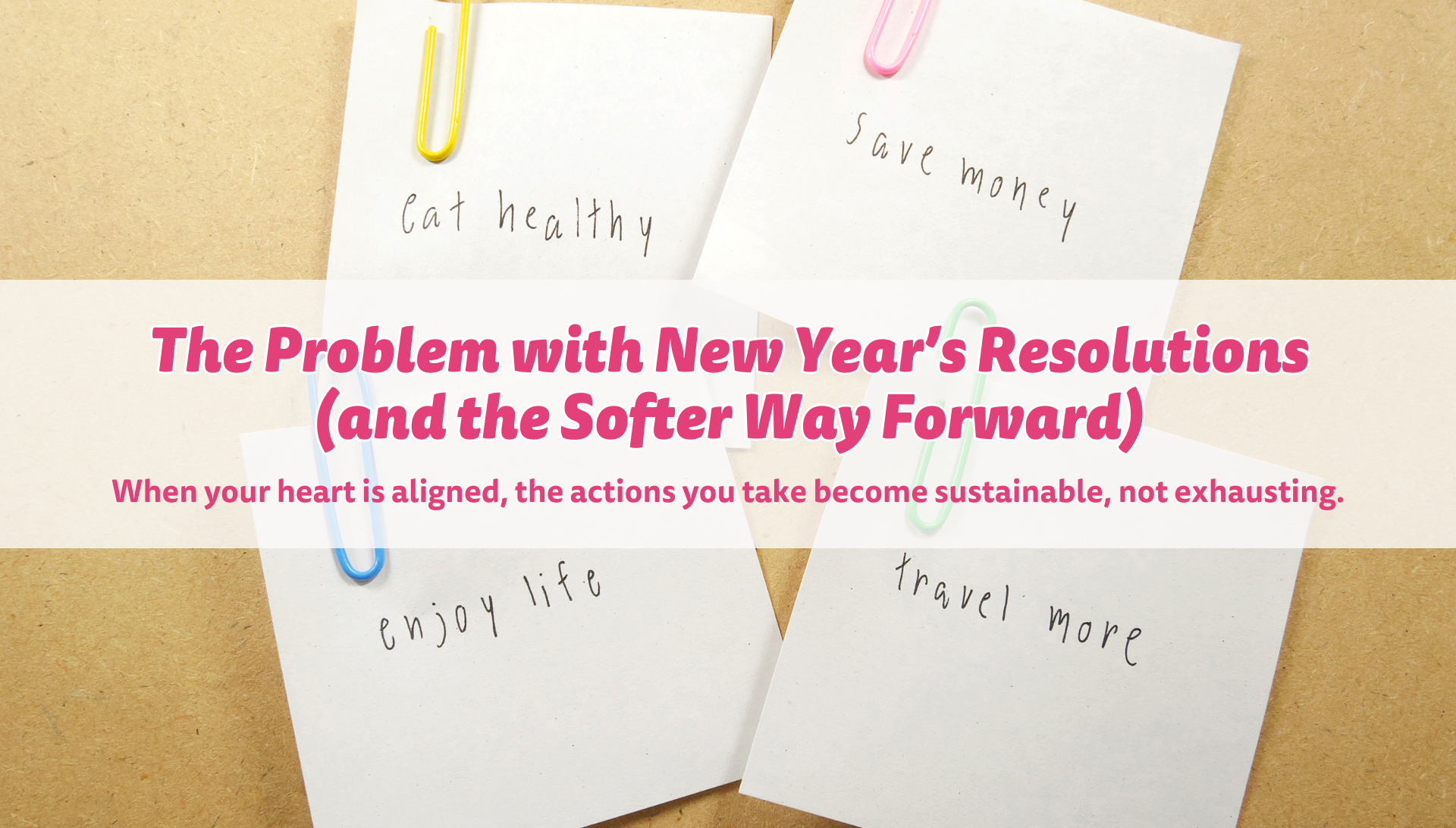How to Achieve Financial Freedom
Blog

The sooner you start with the intention of creating financial freedom, the more you’ll be able to live in your true purpose and create that life of Real Wealth that I talk so much about. In today’s article, I’m going to share some tips and insights on how to achieve financial freedom, all while following your heart every step of the way.
Let’s Look at Your Financial Perspective
What you achieve financially is a reflection of how you’re operating on an energetic level,
so let’s start here. After all, everything is energy and money is incredibly connected to our emotions. If you set out on your journey filled with despair and frustration about the amount of taxes you have to pay, the economy or your employer, something will suffer financially along the way no matter how smart you are with your money.
Instead of thinking about taxes with frustration,
shift your perspective. What do paying taxes provide that you
do agree with? Do they help to create more oneness or infrastructure? With your employer, what does that job they provide allow you to gain? Experience? Insight into what you’re really good at? Perhaps the income you receive actually helps to fund a saving intention and create financial flexibility later down the line for you to explore a more aligned career move.
It’s all about tapping into that power of choice and shifting your financial perspective. It’s the same as forgiveness, where you choose to release those low vibration feelings and actually, set
yourself free. The more you practice this and embody it through what you speak, think and feel, the more you’re creating those new, positive neural pathways that make it a core part of who you are - and what you attract!
When you heighten your awareness, and make this a consistent practice, this is when you begin to magnetize your desires into your life and call in those manifestations! So, when I’m asked what are the steps to financial freedom, this is an optimum place to start!
How to Approach Saving & Investing
When considering the best way to save, the advice I give applies to everyone, which you can explore further in my
Julie Murphy coaching, books and courses.
It’s firstly about awareness. Looking at the flow of your money to be confident that you’re living within your means and paying down any debts you might have, whilst also building up your savings in 3 categories; the short, mid and long-term. You can then create various savings buckets within each of those categories. By compartmentalizing your money in this way, you’re financially insulating yourself.
What do I mean by this? As an example, I always recommend people start a ‘maintenance fund’ bucket and have money deposited into that account every month on autopilot (as with all your saving buckets - having them on autopilot is your best friend). This fund can then go towards fixing leaks, replacing windows and general maintenance costs. Or, it can also be allocated for unexpected car expenses to give another example.
It’s for these kinds of costs that people often fall into the trap of relying on credit cards or loans, but if you have money set aside for that specific purpose, you’re not dipping into any of your other savings or falling into debt. You’re not relying on any financial institution and you’re becoming your
own bank! Why financial freedom? Becoming your own bank
is the ultimate goal! It doesn’t matter if you don’t have much to put into these various categories and buckets right now, as you can build on them as you go. What matters is the intention and energy behind them.
I also recommend that you set up online accounts with specific saving intentions and name those accounts. This part can be really fun and allows you to tap into that energetic level of abundance by aligning your desires to your saving choices. This can be for practical purposes as well as the fun, frivolous things that you might desire in the short-term! It’s all about embodying the energy of working towards what you want to create. You’re saving in a way that allows you to enjoy life now and live in the present moment, while also feeling completely empowered about what you’re working towards.
When it comes to investing, it’s of course about accumulating the right financial education and advice, but being aware of whether your investment considerations land in your heart. Just because you’ve heard that investing in NFTs is the big thing right now or someone you know had a great return on one of their property investments, do those things feel energetically aligned to
you? Take your time with it. Investing is primarily about observing as opposed to reacting. Tapping into your heart to feel into whether it feels right and then seeking the correct guidance and education to bring the ‘smarts’ in.
What Does Financial Freedom Mean to You?
Let me ask you; why
financial freedom? What does that mean to you? When you visualize the life you want to create, what would it mean for your professional life, your relationships and your health? I encourage you to take a moment here to be still and tune into your heart. What is it saying?
The reason I ask you this is that I’ve worked with so many people over the years who have set out with the goal of creating financial freedom at a young age, only to be disappointed and dissatisfied later down the line and find themselves what I call ’rich but empty’. Like you, they asked how to save and invest. They did all the ‘right’ things yet moved further away from their soul’s purpose. Consequently, something suffered in the process such as their relationships or their health.
Financial freedom ultimately means creating the power of choice and becoming completely financially independent in the short, mid and long-term so that you can also enjoy life today. Creating a life that you love - whatever that looks like, even if it goes against the grain! Even if it means being a disruptor! You can be a disruptor whilst also being incredibly financially responsible by following the practical steps I shared earlier.
Financial Freedom is Unique to Everyone
Financial freedom can look different to everyone. I encourage you to avoid falling into the trap of following what other people have done, even if it seems like the smartest route to take. If it feels wrong or off, it isn’t for you - at least in this present moment.
So, when you’re asking how to achieve financial freedom, set the intention to check in with yourself and the flow of your money very consistently because your desires will likely change and evolve as you do. When you create full awareness of exactly how you’re choosing to spend, save and invest, you’re also building a safe financial container so that you’re free to expand and grow. You’re free to explore and tap into what’s aligned! You’re free to change your mind!
What are the steps to financial freedom? Yes, it’s also about letting go! Allow yourself to have fun along the way and as I always say, follow your giggle! Creating financial freedom should be a fun, empowering journey ultimately leading to that life of Real Wealth, which offers you profound freedom in all areas of your life - your money, health and relationships. The sooner you start on the journey, you’ll be truly amazed at what you attract and are able to manifest!
Share Blog On Social
Recent Blogs

Similar Blogs







